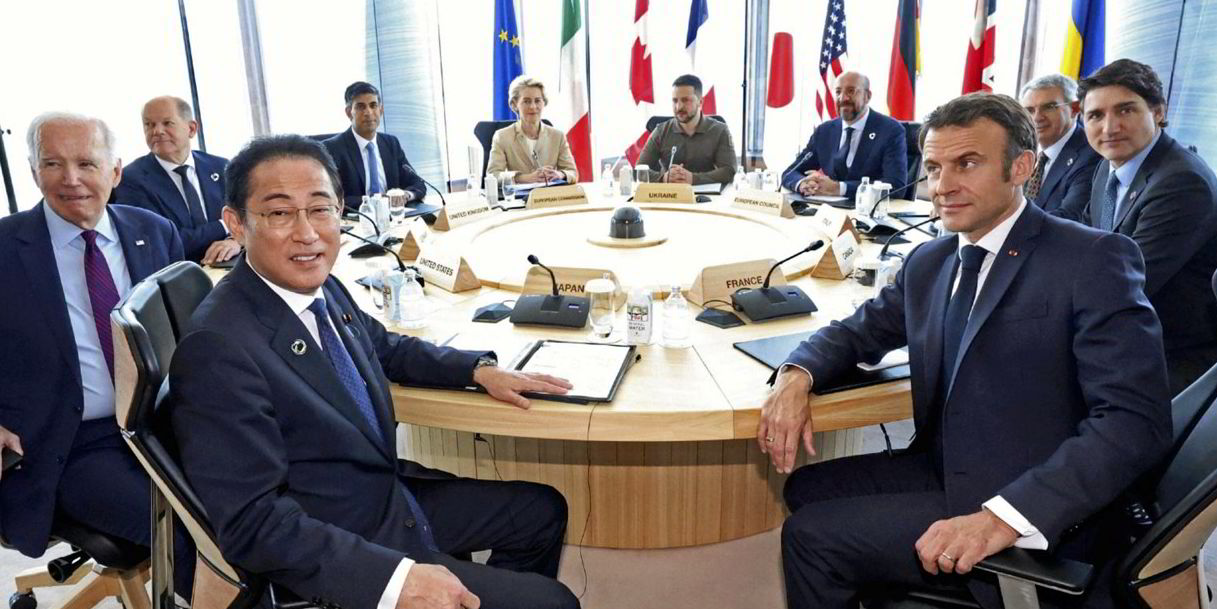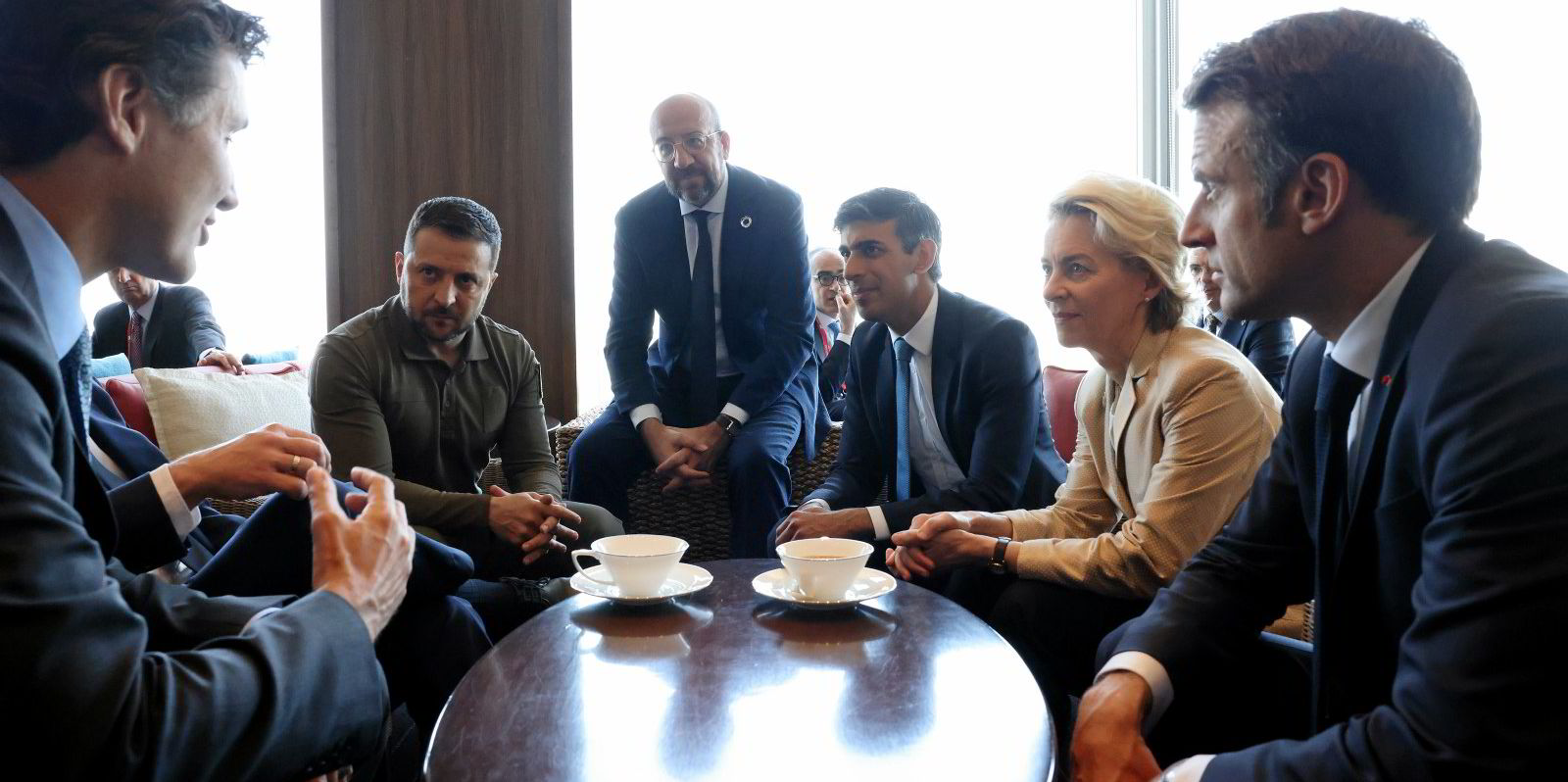A new Bimco clause aims to make it easier for shipping companies to comply with the price cap on Russian oil.
Introduced by Western countries last year to curb Russia’s capacity to fund its invasion of Ukraine out of oil revenues, the price cap has created a series of challenges, which Bimco’s blueprint contract attempts to address.
“It was considered that the existing Bimco sanctions clauses would not be workable in this context with the new regulations,” the industry body said in an explanatory note.
A first draft of Bimco’s “Oil Price Cap Scheme Clause 2023” was developed by a team combining experts from Greek shipowner Minerva Marine, law firms Holland & Knight and Reed Smith, insurers Steamship Mutual and NorthStandard P&I, and trader Glencore Oil.
Approved in principle by Bimco’s documentary committee on 20 April, the text underwent further fine-tuning before the Copenhagen-based organisation formally unveiled it on 2 June.
On 28 June, Bimco will host a webinar to provide further information on the clause and its application.
Under the measures adopted since December, persons subject to the jurisdiction of the world’s seven big Western economies (G7) and the European Union are barred from transporting Russian oil unless it has been sold at a maximum of $60 per barrel for crude, $45 per barrel for oil products traded at a discount to crude, or $100 per barrel for oil products traded at a premium to crude.
Even before these measures were formally adopted, shipping executives had warned about the legal uncertainty arising from the measure, given the difficulty in establishing the accuracy of attestations that charterers provide.
The Bimco clause in effect strengthens shipowners’ legal position in any eventual dispute by firmly establishing charterers’ responsibility.
Under the draft contract proposed, “charterers warrant that the employment of the vessel under this charterparty shall at all times comply and accord” with price cap restrictions.
Before each loading, charterers provide an attestation in which they state that they have received price information from their counterparts, which demonstrates that the cargo was purchased within the limits of the cap.
Foul play
“Where not practicable to request and receive such information”, charterers are to obtain a signed attestation by their counterparts to the same effect.
Charterers must keep any such relevant information and attestation for five years and produce it to government officials or shipowners requesting to see it within three days.
If charterers or owners have “reasonable grounds to suspect” that their vessel “is or may be involved in any activity contrary” to the price cap system, they have to “immediately” notify each other in writing.
In case of foul play, owners will then have the right “to terminate the charterparty”. Charterers then “shall indemnify and hold harmless the owners, the vessel and its managers against any losses, damages, fines, penalties and reasonable expenses arising from a breach”.
Charterers would then have 48 hours to give orders so that the ship in question discharges its cargo “at any safe port or place so directed by any member of the Price Cap Coalition”.
In the absence of any such direction, the cargo must be discharged at the nearest safe port.





